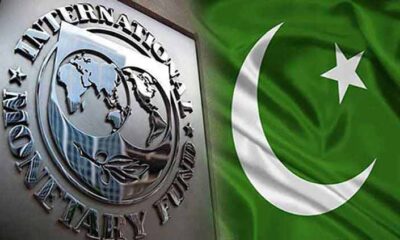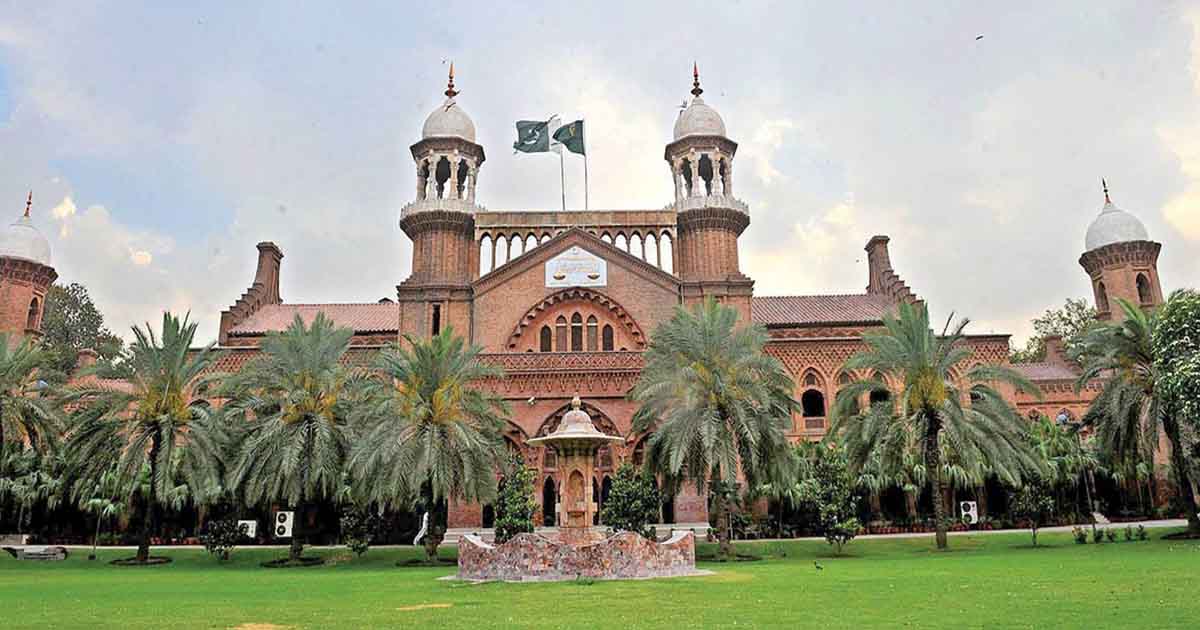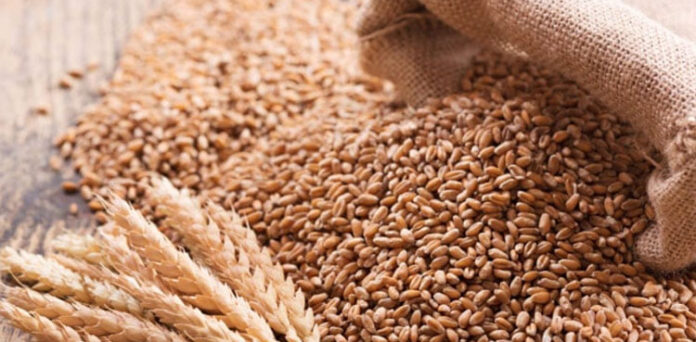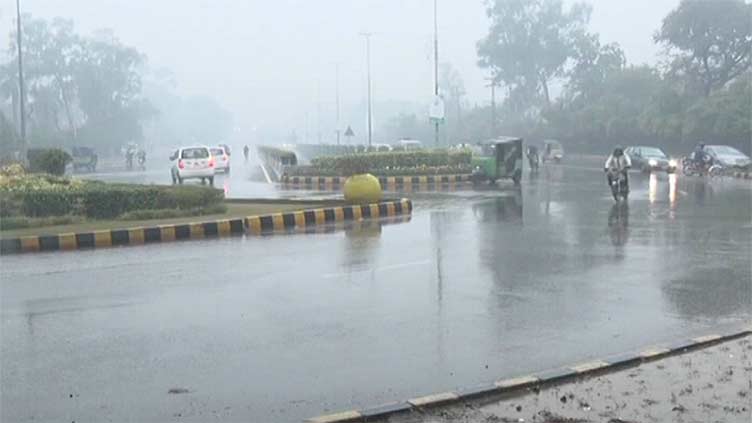Latest News
SHC restricts collection of KMC taxes with electricity bills for now
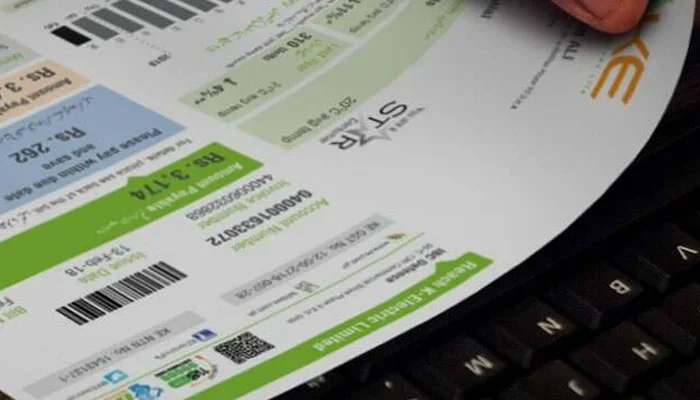
Latest News
Lahore, PP-161: LHC deems the ECP recounting order null and invalid
Latest News
The LHC has issued a summons regarding the policy on wheat procurement.
Latest News
Lahore experiences a winter-like ambiance following rainfall.
-

 Latest News1 day ago
Latest News1 day agoThree injured and two died in a Punjabi road accident
-

 Latest News2 days ago
Latest News2 days agoPM Shehbaz will meet with Saudi ministers and speak at the WEF special session today.
-

 Latest News2 days ago
Latest News2 days agoIn KP rain-related incidents, ten people died.
-

 Latest News2 days ago
Latest News2 days agoPunjab takes action against factories that generate smoke.
-

 Latest News2 days ago
Latest News2 days agoThe green colour of WhatsApp ‘angers’ some users.
-

 Latest News2 days ago
Latest News2 days agoThe nomination of Ishaq Dar as deputy prime minister raises concerns.
-
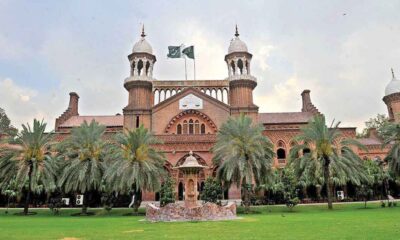
 Latest News2 days ago
Latest News2 days agoFarmers in Punjab file a lawsuit before the LHC, challenging the government’s unwillingness to purchase wheat.
-

 Business2 days ago
Business2 days agoOver 500 points are lost by PSX stocks during intraday trading.





